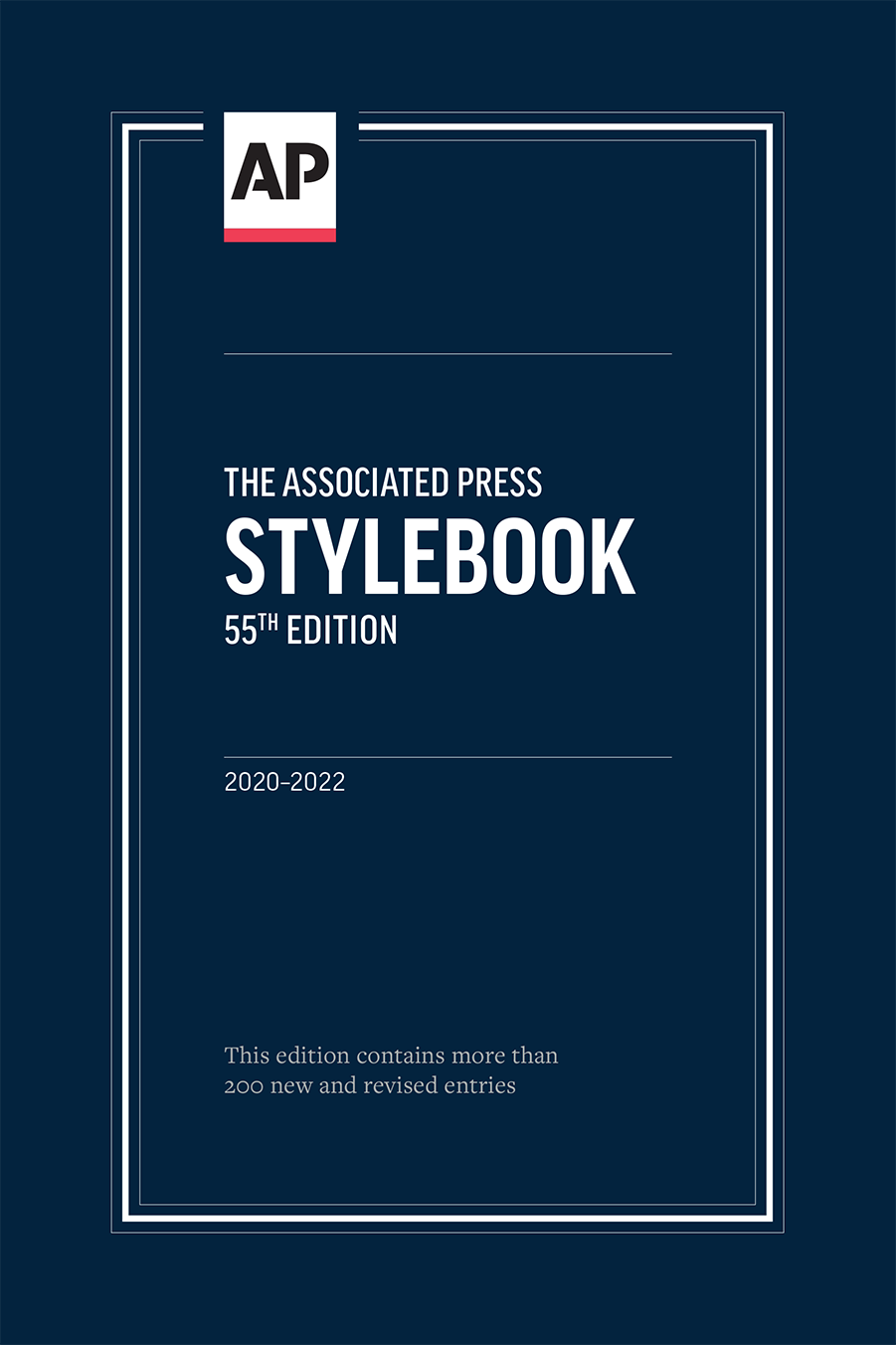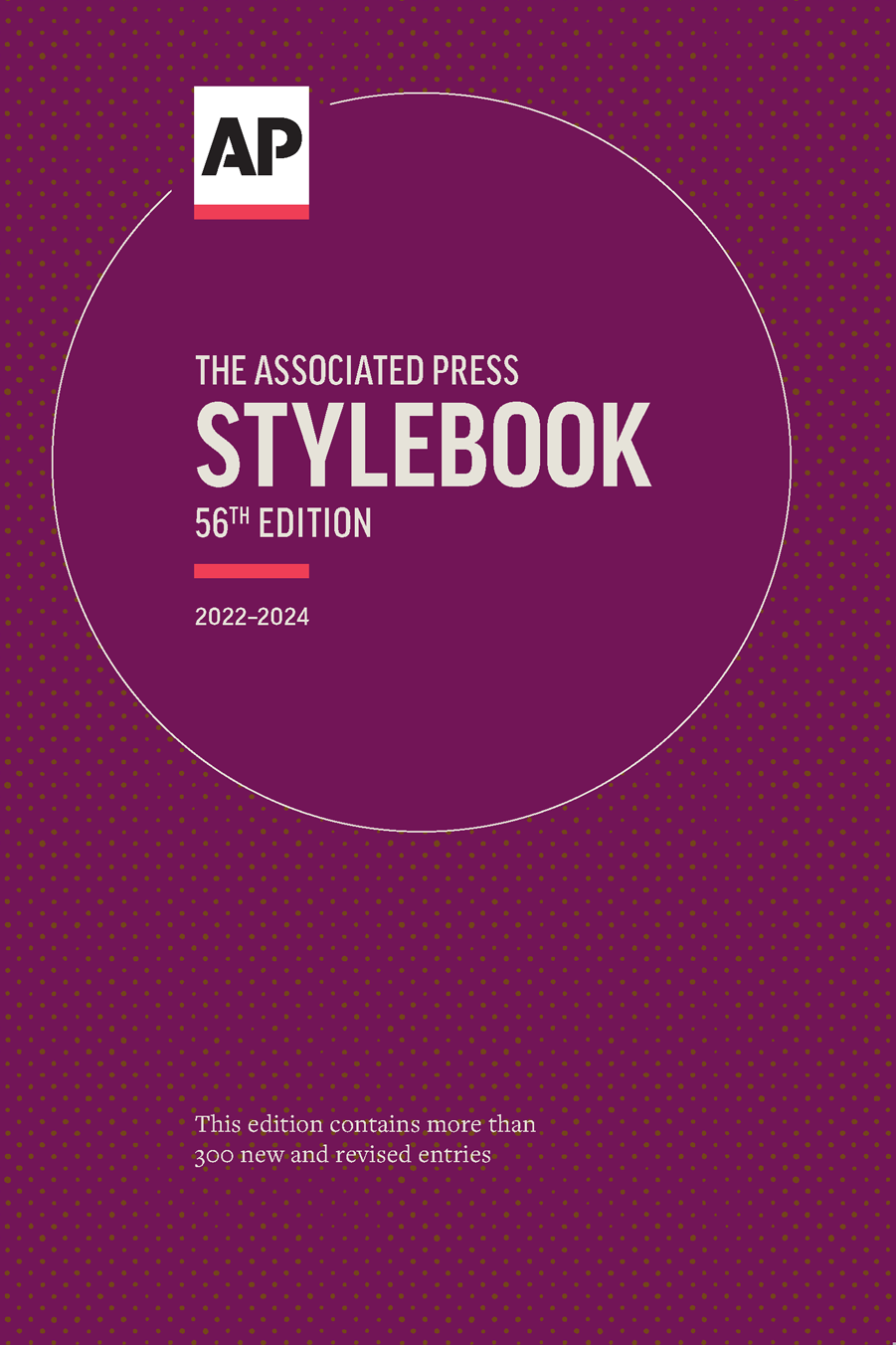Consult an official guide for the style you are using to write your paper. There is no HKS school-wide policy that mandates a certain citation style for student papers, so if you are unsure, we recommend checking with the individual faculty member who assigned your paper to determine if they have a required or preferred citation style.
Social Sciences: Chicago Manual of Style
The Chicago Manual of Style is a popular citation style for the social sciences. It recognizes two kinds of citations:
- in-text citations, which include the author's last name and the publication date and require a bibliography; or
- footnotes or endnotes, which may be preferable for policy writing because a full citation in the footnote/endnote does not necessarily require an added bibliography.
Check with your instructor or faculty advisor if they have a specific preference.
-
The Chicago Manual of Style, 17th ed. (print)
Call Number: HKS Library - Z253 .U69 2017Publication Date: 2017
-
Chicago Manual of Style Online (Harvard Login)This includes the fully searchable online versions of the 17th (current) and 16th (previous) editions of the Chicago Manual of Style as well as Q & A section, online tools, and a Chicago Style Citation Quick Guide.
-
Chicago Style Guide from Purdue University's Online Writing Lab (OWL)This site provides information on the Chicago Manual of Style (CMS) method of document formatting and citation. It also provides sample papers using both the CMS Notes and Bibliography style and the CMS author-date style.
Behavioral Sciences: APA Publication Manual
Writing in the behavioral sciences (including education) tends to follow the style guidelines from the American Psychological Association (APA). APA style uses in-text citations with a list of references at the end.
-
Publication Manual of the American Psychological Association, 7th ed. (print)
Call Number: HKS Library - BF76.7 .P83 2020ISBN: 9781433832178Publication Date: 2019
-
APA Style (official site)Helpful companion website that primarily covers the basics but also includes the APA Style Blog, which addresses tricky cases, new item types, and general writing tips from experts affiliated with the APA Manual.
-
APA Style Guide from Purdue University's Online Writing Lab (OWL)This website provides a quick introduction to the basic principles of APA style, with ample examples.
Journalism: AP Stylebook
The Communications Program at HKS recommends AP style—the most common style used in American journalism—for non-academic writing such as blog posts, op-eds and news stories.
-
 The Associated Press Stylebook 2020-2022 (Print Only)
Call Number: HKS Library - PN4783 .A83 2020
The Associated Press Stylebook 2020-2022 (Print Only)
Call Number: HKS Library - PN4783 .A83 2020
Law: The Bluebook
-
The Bluebook: A Uniform System of Citation (Print Only)
Call Number: HKS Library - KF245 .B58ISBN: 9780578666150Publication Date: 2020
An open access fork of the Blue Book can be found online as The Indigo Book. While not as up-to-date and not as authoritative as the Blue Book (particularly if your intent is to publish in a law journal), this resource is probably sufficient for legal citations in most student writing at HKS.
Generative AI Guidance
Both Chicago and ALA have created recommendations on how to cite Generative AI. You can find links to them as well as a general overview of each below.
Chicago
Recommendations for citing Artificial Intelligence
In a footnote or endnote:
1. Text generated by ChatGPT, OpenAI, March 7, 2023, https://chat.openai.com/chat.
Or, if you want to be more specific about the prompt used:
1. ChatGPT, response to “Explain how to make pizza dough from common household ingredients,” OpenAI, March 7, 2023.
"To sum things up, you must credit ChatGPT when you reproduce its words within your own work, but unless you include a publicly available URL, that information should be put in the text or in a note—not in a bibliography or reference list. Other AI-generated text can be cited similarly. Check back with us for updates on this evolving topic."
APA
In text citation example: (OpenAI, 2023)
Reference example: OpenAI. (2023). ChatGPT (Mar 14 version) [Large language model]. https://chat.openai.com/chat
Additional Resources
-
Academic Resource Center at Harvard UniversityOpen to HKS students, ARC offers academic coaching and workshops in time management.
-
Harvard Guide to Using SourcesUseful site from the Harvard College Writing Program, with tips on writing with sources, avoiding plagiarism, and using and citing other people's research.
-
Interrogating Texts: Six Reading Habits to Develop in Your First Year at HarvardHarvard Library resource specifically designed for graduate and professional students.
-
HKS Communications ProgramThe HKS Communication Program offers a wide range of workshops on writing, presentations, and digital skills, as well as one-on-one sessions with writing consultants.
Last but not least, your friendly librarians at HKS Library & Research Services are happy to help you find and work with the wealth of resources Harvard Library has to offer. LRS is also the go-to support for Zotero at HKS.

